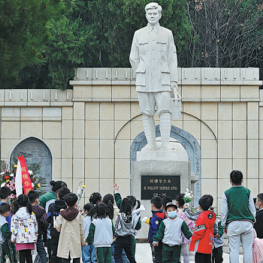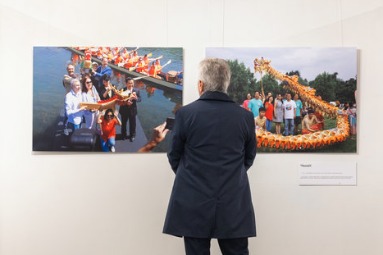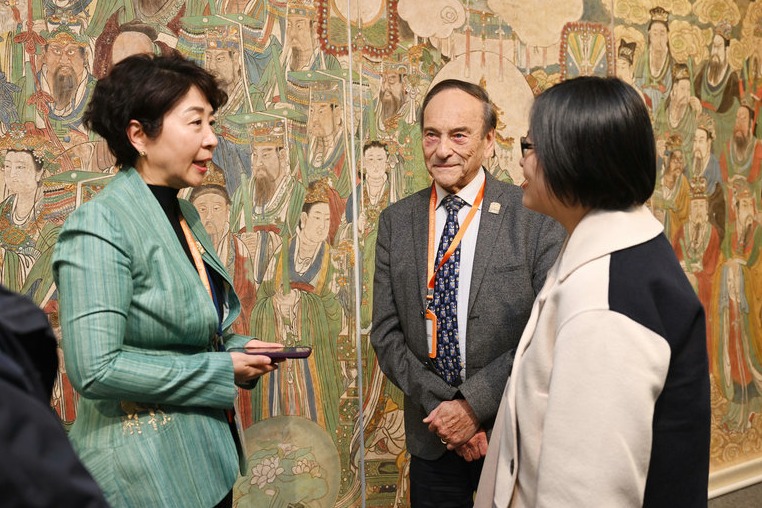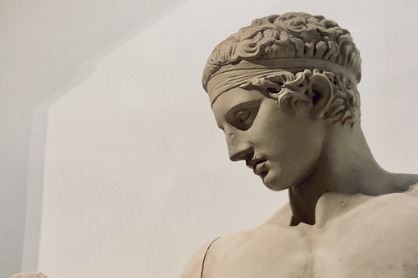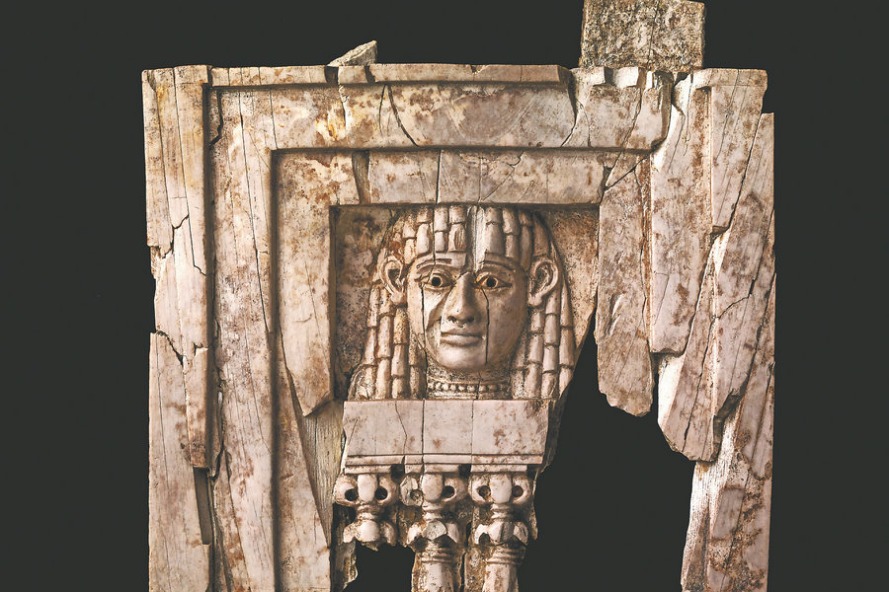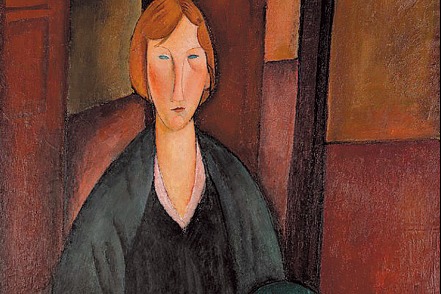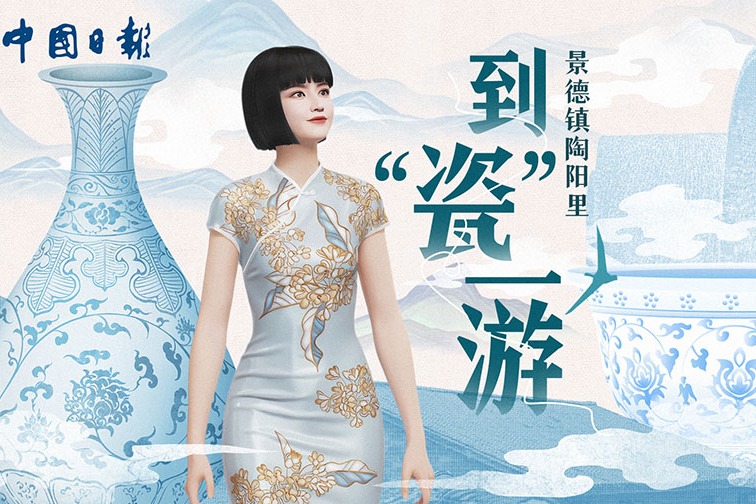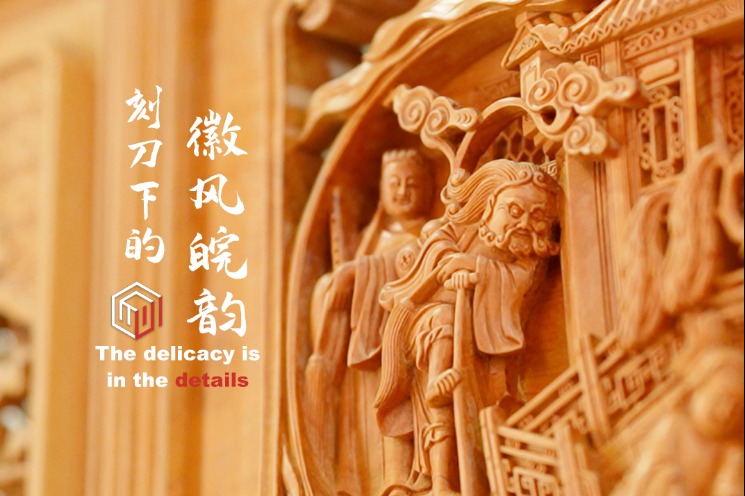Acupuncture is a point of friendship

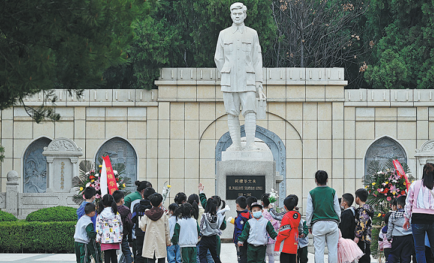
NEW DELHI-Acupuncture has become a bridge of friendship between India and China, with more Indians accepting the form of traditional Chinese medicine over the past few decades, experts say.
Acupuncture, a technique to cure various ailments, was introduced in India in 1959 by B.K.Basu in the eastern city of Kolkata, capital of West Bengal state, according to Mrigendranath Gantait, president of the Acupuncture Association of India.
Over the past six decades, it has spread to rural, semi-urban and urban areas in India, particularly in the states of West Bengal, Maharashtra and Punjab.
While the state governments of West Bengal and Maharashtra have officially recognized acupuncture as a way of treatment, the Indian central government recognized it as a "system of healthcare" in 2019.
Acupuncture is a complementary medical practice that entails stimulating certain points in the body, usually with needles penetrating the skin, to alleviate pain or help treat various health conditions.
Efforts are also on to popularize it more in the South Asian nation, experts say.
Acupuncture therapy in India is related to the story of the Indian medical mission that was dispatched to China to provide medical assistance during the Chinese people's War of Resistance Against Japanese Aggression (1931-45).
Basu, as a colleague of Dwarkanath Kotnis (widely known as Ke Dihua in China) and a torchbearer of the Indian medical mission, stayed in China from 1938 to 1943, and later worked for 43 years in India until his death in 1986.From 1958 to 1959, Basu stayed in China to learn acupuncture before introducing the needle techniques in India. In 1973, Basu was invited to China to learn newly developed acupuncture anesthesia.
From the very beginning, Basu tried to spread acupuncture to doctors by free teaching to broad masses of people. Basu, who established the Dr Dwarkanath Kotnis Memorial Committee and the Acupuncture Association of India, donated his house and savings to the government of West Bengal state for the purpose of acupuncture development.
Under the leadership of the committee, free health service clinics have been set up where acupuncture is taken as the main treatment modality, because the cost of acupuncture treatment is low, and acupuncture is effective for many ailments. The committee has also produced many acupuncturists who run these clinics without taking any remuneration, according to Gantait.
"Acupuncture has played a unique role to promote people's friendship between India and China," he says. "When Basu returned to India after learning acupuncture anesthesia, the Indian media described it as acupuncture diplomacy, and it was highly praised in the country."
Inderjeet Singh Dhingra, who is a leading acupuncture practitioner in India's northern state of Punjab, runs a small hospital in the industrial town of Ludhiana, treating people with tiny needles.
He says acupuncture can bring relief for many diseases, including body pain, gynecological problems, paralytic dysfunction and arthritis.
Xinhua


